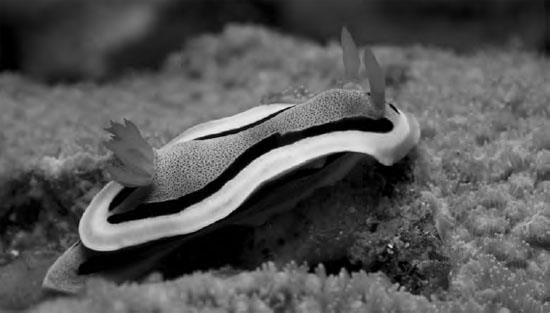Brain and BehaviorImpact of Environment on the Brain |
What does the plasticity of the brain say about the nature/nurture debate? |
One of the oldest debates within psychology (dating back to Plato and Aristotle, at least) involves the importance of nature vs. nurture with regard to human psychology. How much of who we are is innate and how much is learned, a product of our environment? In modern terms, this is a debate between genetics and learning. How much is genetic and how much is learned? The growing body of evidence showing the plasticity of the brain, however, throws a wrench into this debate. If the brain is a function of genetics—and few people would contest the importance of genetics in the development of the brain—then how do we understand the plasticity of the brain?
The brain is both genetically determined and shaped by lived experience. One way to resolve this nature/nurture dilemma is to assume that genetics sets the outer boundaries of brain development. The basic structure of the brain is genetically determined. Even if you bring a child up among horses, the child will not develop the brain of a horse. However, the specific connections among neurons, the density of these connections, and the neuronal connections that die off are in large part determined by learning and environment.

